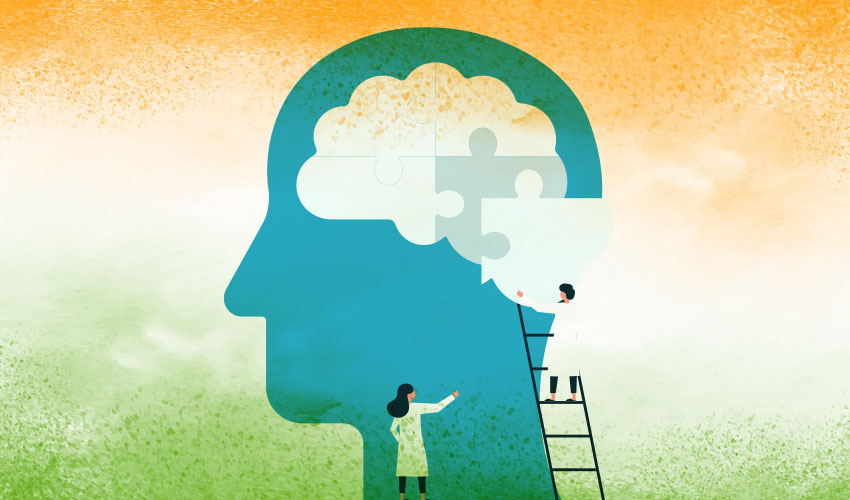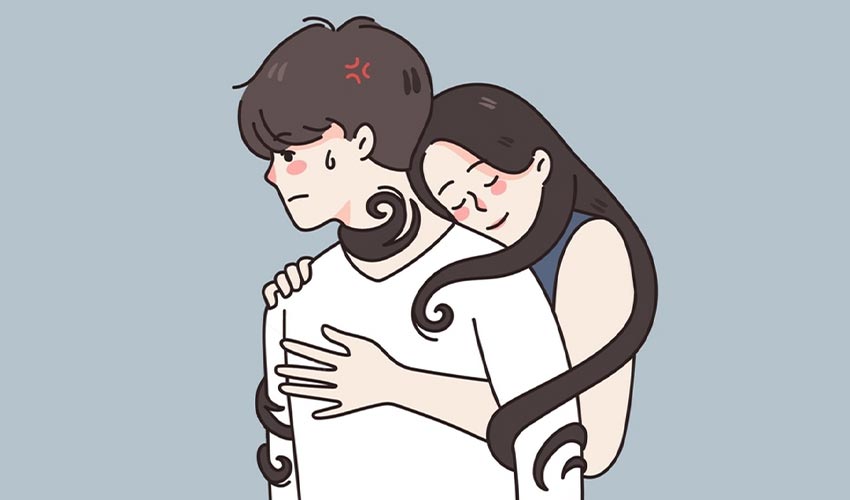The emotional, psychological, and social well-being of an individual are all part of one’s mental health. It has an impact on the way people think, feel, and act. It also influences how they deal with stress, interact with others, and make decisions. Mental health is vital at all stages of lif...
Schizophrenia is a psychological disorder, which consists of a range of symptoms, such as delusions, hallucinations, disorganized speech and behavior, and/or negative symptoms such as avolition. It involves odd perception, actions and thoughts. It also consists of psychosis, that is, a loss of conta...
The study of how different colours influence human behaviour is known as colour psychology. Varied colours have different meanings, implications, and psychological effects depending on the culture. Different colours can have a different impact on humans, for example, Red colour is associated with ma...
What is Mental Health? The term ‘Mental health’ refers to the cognitive, behavioural, and emotional well-being of individuals. Mental Health is just as important as physical health but unfortunately, people aren’t aware of that. Recently, many Indian Celebrities have shared their experience wi...
Post-traumatic stress disorder is a disorder that comes under the diagnostic category of trauma and stressor-related disorder, as the development of this disorder involves the experience of major stress. Several criteria are required to be fulfilled to get the diagnosis of PTSD (which need to be pre...
Eating disorders involve persistent disturbances in eating behavior, an intense fear of becoming overweight and/or an intense pursuit to be thin, which can sometimes be deadly. There are 3 types of eating disorders: anorexia nervosa, bulimia nervosa and binge-eating disorder. Anorexia nervosa This i...
What is self-help? Self-help means that instead of working with the best psychologist or best psychiatrist, you take measures on your own to achieve a goal or make changes in your life. For example, if you want to break a bad habit like being late all the time or chewing your nails, you may write [&...
Personality refers to a person’s unique manner of thinking, feeling, and acting. Experiences, environment (surroundings, life situations), and inherited characteristics all play a role in shaping an individual’s personality. Over time, a person’s personality tends to remain consist...
Introductory guide: A personality disorder is a manner of thinking, feeling, and acting that differs from cultural norms, produces distress or impairment in functioning, and can last for a long period. Personality problems typically start in adolescence or early adulthood. A personality disorder is ...
Personality refers to a person’s unique manner of thinking, feeling, and acting. Experiences, environment (surroundings, life situations), and inherited characteristics all play a role in shaping an individual’s personality. Over time, a person’s personality tends to remain consist...










